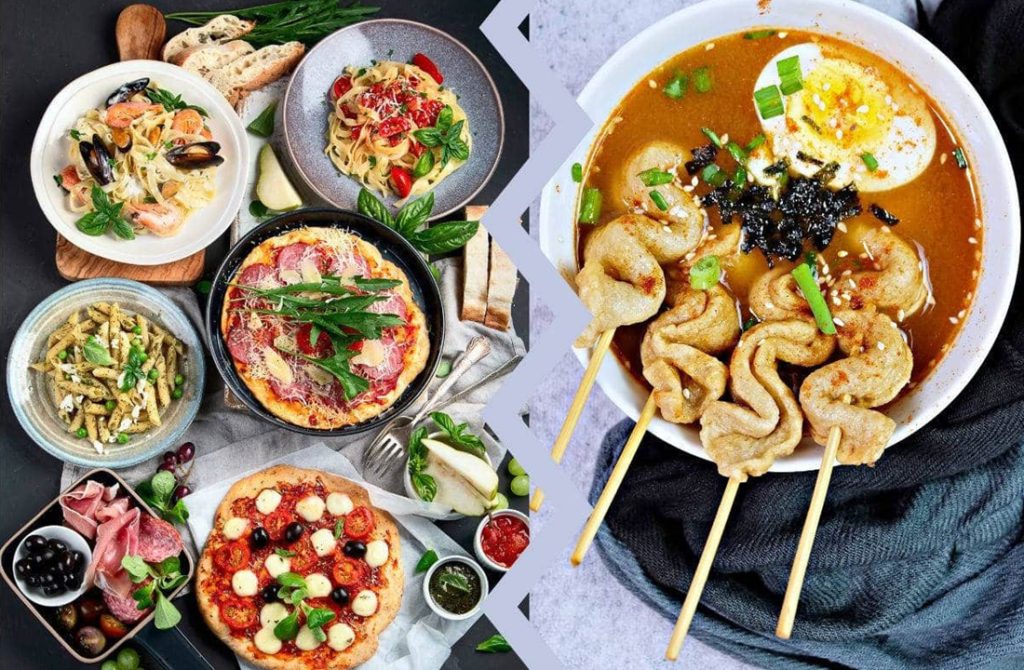One of the most enriching aspects of international cuisine is the use of fresh, local ingredients. In Mediterranean cooking, for example, olive oil, fresh herbs, and seasonal vegetables play a vital role in creating vibrant dishes. Similarly, Asian cuisines often emphasize the use of fresh produce, fish, and rice, showcasing the importance of quality ingredients. By incorporating these fresh components into your cooking, you can elevate your dishes and enhance their nutritional value.
Learning about international cuisine also encourages creativity in the kitchen. Each culture has its signature dishes that inspire variations and adaptations. For instance, you might take the concept of a traditional Italian risotto and infuse it with spices and ingredients from Indian cuisine, resulting in a unique fusion dish. This creative exploration can lead to exciting culinary innovations that surprise your family and friends.
Moreover, understanding the cooking techniques used in various cuisines can significantly improve your culinary repertoire. Techniques such as stir-frying in Chinese cuisine or slow-cooking in Moroccan dishes can introduce you to new methods that enhance flavor and texture. By mastering these techniques, you become a more versatile cook, able to tackle a wide range of recipes with confidence.

Another important aspect of international cuisine is the communal nature of food. Many cultures emphasize sharing meals as a way to strengthen bonds among family and friends. For example, the tradition of tapas in Spain encourages diners to sample a variety of small dishes, fostering a sense of community and togetherness. Embracing this concept in your own cooking can create memorable dining experiences that bring people together.
Additionally, exploring international cuisine can enhance your understanding of dietary preferences and restrictions. Many cultures have developed unique approaches to vegetarianism, veganism, and gluten-free diets based on their culinary traditions. By learning how different cultures accommodate these dietary needs, you can expand your cooking skills and cater to a wider audience.
Engaging with international cuisine offers endless opportunities for discovery and enjoyment. By incorporating fresh ingredients, experimenting with diverse techniques, and embracing the communal aspect of dining, you can create a rich culinary experience that not only satisfies your taste buds but also connects you to the world. This exploration of global flavors enriches your cooking journey and fosters a greater appreciation for the diverse tapestry of food cultures.
